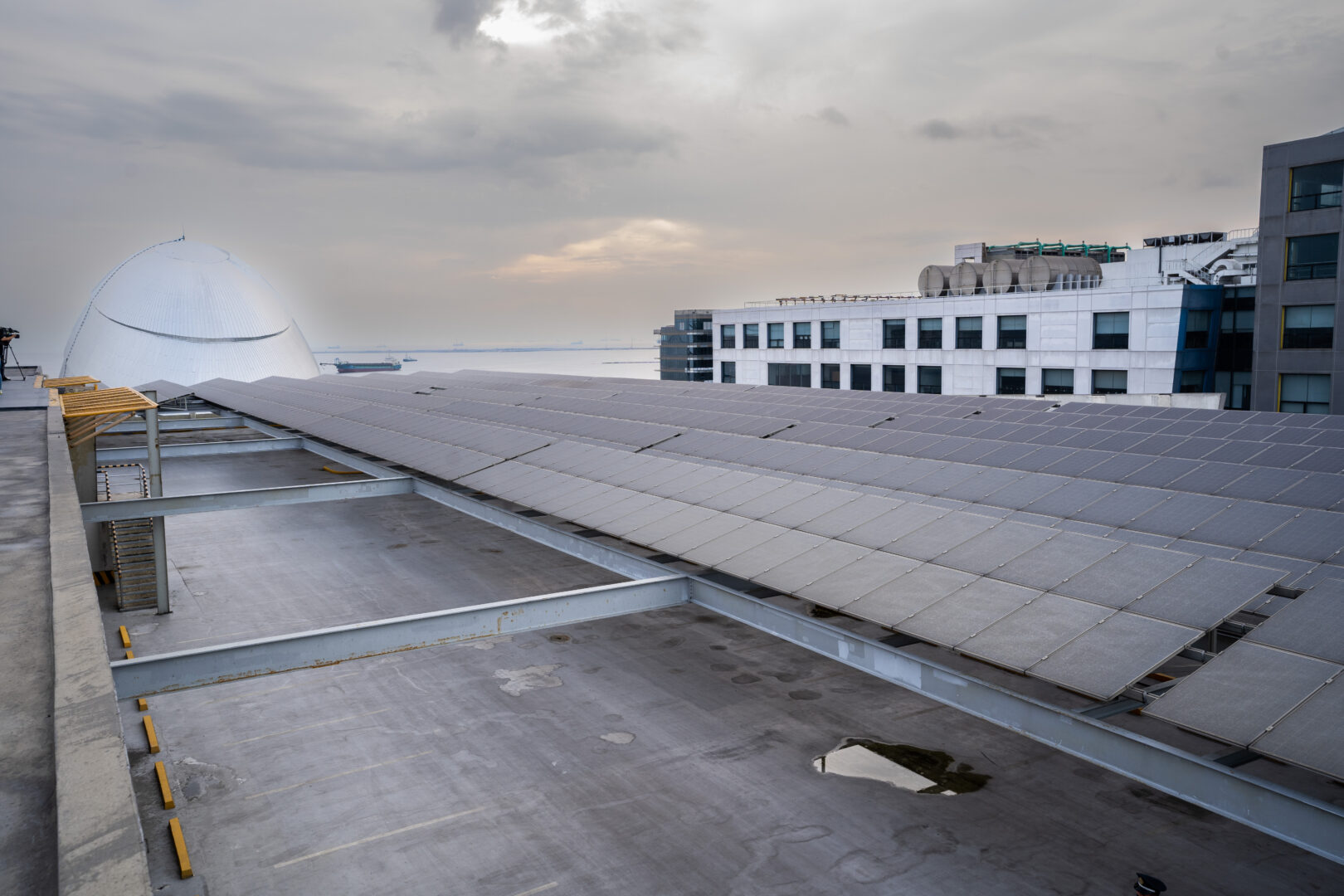How does the country’s biggest mall conserve water and electricity? SM Supermalls has implemented many measures to be more energy-efficient and make better use of natural resources in order to protect the environment. You can adopt some of their ideas into your own home, to save money and the planet.
Traditional electricity production uses thousands of liters of water each year for cooling generators, and fossil fuels release harmful gases that pollute the air and contribute to global warming.
That’s why SM Supermalls is using solar energy as part of its commitment to sustainability. Mall of Asia was the first Philippine mall to use rooftop solar decks. Now, these are used in 10 of its malls, with plans to install 50 more over the next few years.
Currently, the mall chain is sourcing around 68 percent of its energy from renewable sources, which has helped reduce energy consumption by 28 percent and carbon emissions by 31percent.
Home solar panels are now becoming more affordable, and with the money you save on electricity bills, these eventually pay for themselves. You can also start with small changes, like switching to outdoor solar lights or solar water heaters.
If you can’t switch to solar yet, you can look for appliances that use less electricity. You can get inverter air conditioners or refrigerators and check any product’s energy-efficiency factor number, which is usually on a yellow sticker. You can also get a smart plug, which can be programmed to turn off an appliance when it is on standby.
SM Supermalls have been designed to be both energy and water efficient. It uses LED lighting systems which have 50 percent energy savings, and sensor-activated escalators which save another 30 percent. The skylights, green walls and windows also make full use of natural light.
Gasoline prices are at an all-time high, so budget-savvy Filipinos are turning to cheaper and greener forms of transportation, such as riding the bike and carpooling. Aside from saving money, it prevents air pollution and has lower carbon emissions.
SM Supermalls has also deployed the country’s first in-mall free charging stations for e-Vehicles in SM Aura, SM North Edsa, SM Mall of Asia in Pasay City, and SM Megamall.
Segregating biodegradables and recyclables helps lower the amount of trash that goes into landfills, which affect the health of the nearby communities and can also contaminate the soil and water supply. Landfills also emit methane, nitrogen dioxide, and carbon dioxide, which contributes to global warming.
SM Supermalls follows a strict trash segregation program within its malls. In fact, compostable waste is collected and turned into compost through their conversion process. The produced compost is then distributed through various community programs.
SM Supermalls also supports the recycling efforts of the surrounding communities, with its Trash to Cash Recycling Market.
Every first Friday and Saturday of the month, you can bring your recyclables like plastic bottles, aluminum and tin cans, old papers and books, and metal cookware and kitchen items and exchange them for cash.
